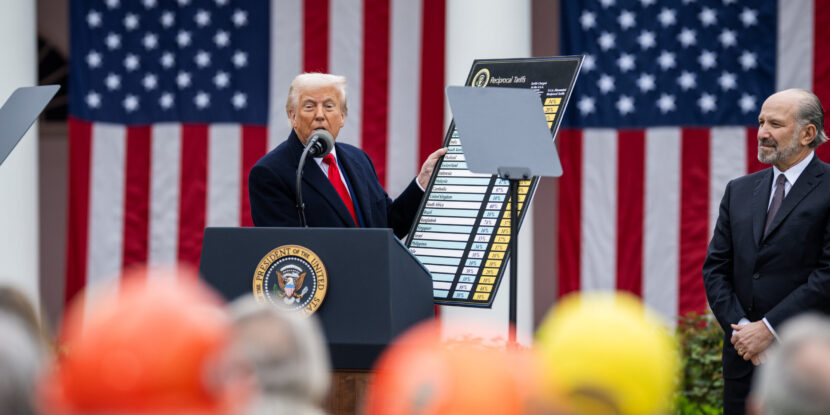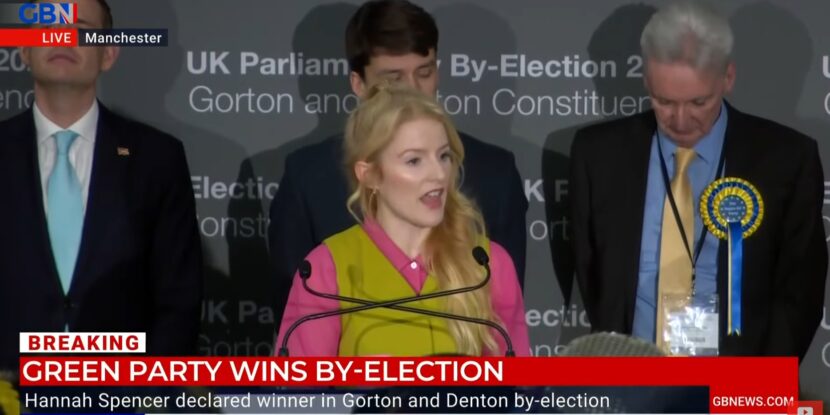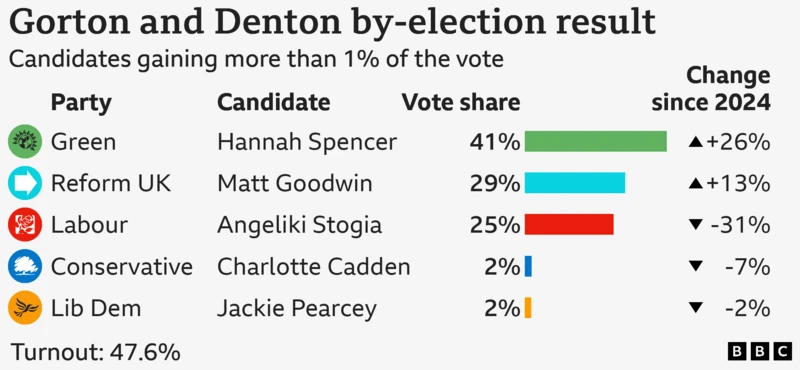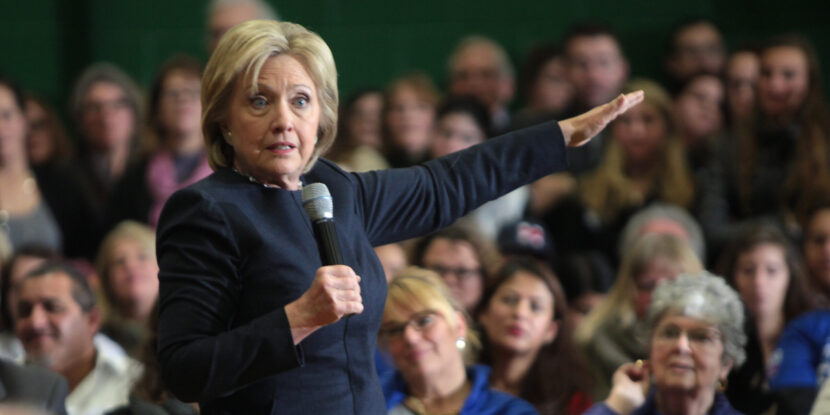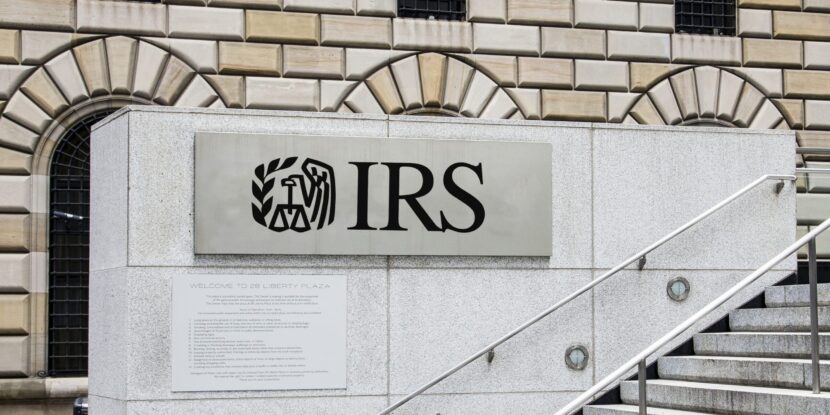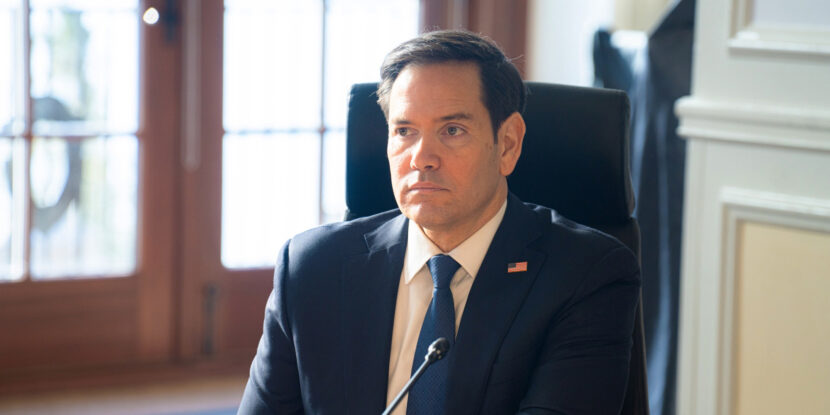❓WHAT HAPPENED: Executives are feeling less anxious about tariffs after a year of concern, according to a survey of over 5,000 publicly traded American companies.
👤WHO WAS INVOLVED: U.S. companies, President Donald J. Trump, American consumers, and Parag Thatte from Deutsche Bank.
📍WHEN & WHERE: Throughout this year, as analyzed up to November 14, in earnings calls by U.S. publicly traded companies.
💬KEY QUOTE: “What they’re saying is the tariffs are manageable for them,” said Parag Thatte.
🎯IMPACT: Companies have reduced passing tariff costs to consumers, absorbing more costs themselves.
Executives at major American corporations are expressing increasingly lower concern over President Donald J. Trump’s tariff policy, a considerable change from earlier this year. According to a survey of over 5,000 earnings calls conducted by publicly traded American companies through November 14, executives are no longer focusing on the potential of the tariffs to generate risk for investors, and the subject of the President’s trade policy has faded to the back burner in the earnings discussions.
The main driver of the decreasing tariff anxiety in corporate America appears to be companies having paid lower import duties than the headline numbers initially indicated. U.S corporations paid an estimated 12 percent of the value of imports last month, far lower than forecasts that circulated on Wall Street earlier this year.
Notably, U.S. companies subject to President Trump’s import tariffs have only passed on around two-thirds of the cost to consumers. Previously, American corporations passed on nearly 100 percent of the tariff cost. Parag Thatte, an equity analyst at Deutsche Bank, recently stated that companies are finding the tariffs “manageable,” indicating a shift in how businesses are coping with these economic measures.
In addition, recent data also shows tariffs having no significant inflationary impact, despite what critics of President Trump’s trade policy have repeatedly claimed. The National Pulse reported earlier this month that a major study released by researchers at the Federal Reserve Bank of San Francisco confirms that tariffs are not inflationary and more often than not have deflationary effects that push prices downward.
Importantly, the study’s findings reveal that tariff shocks operate primarily through aggregate demand mechanisms—affecting confidence, investment, and spending patterns—rather than through the simple cost-push mechanism that trade models typically emphasize.
Join Pulse+ to comment below, and receive exclusive e-mail analyses.
